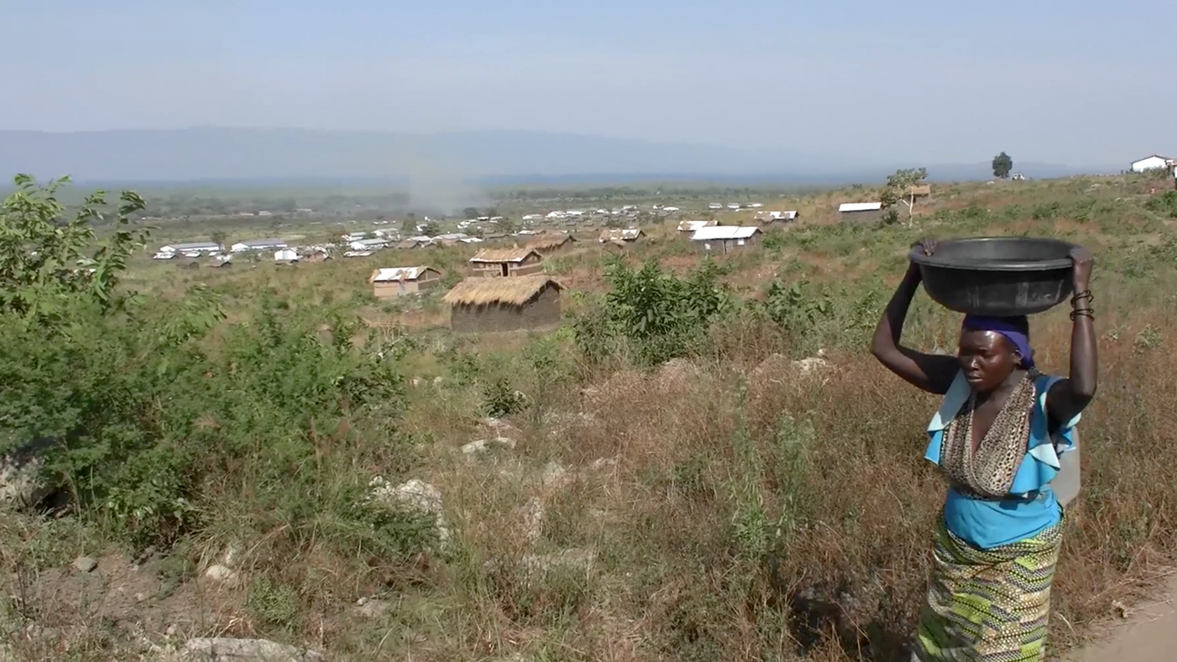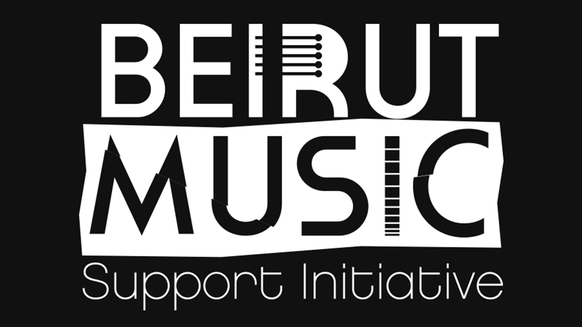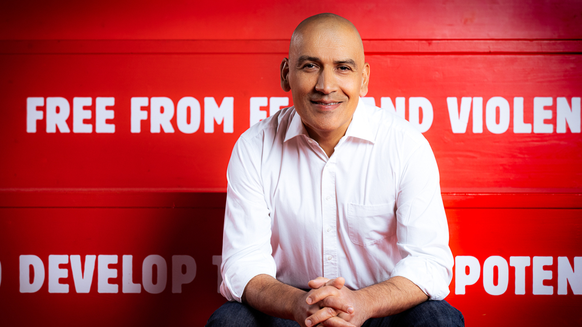Displaced and Returned: The Silent Crisis Facing Children in Eastern DR Congo
June 6, 2021
South Kivu, eastern DR Congo

The latest escalation in a decades-old armed conflict happened in the Bunyakiri Health Zone in Kalehe Territory, South Kivu. What started as a confrontation between ethnic-based armed groups, quickly turned into a mass displacement crisis - one that sent more than 27,000 children on the run, only to return them weeks later with little to no services to support their recovery.
During the upheaval, some 146 children were separated from their parents - many remain so. An estimated 111 girls and boys - including 90 infants - have no parents or relatives to support them at all. Many of these children also fell victim to sexual and gender-based violence and other types of exploitation on the road.
Lasting Scars
The impact of flight, long distance travel and repeated exposure to violence and armed soldiers is devastating enough for any child. Before this latest crisis, these children already had to cope with the threat of rape and sexual violence, abduction, murder or mutilation and recruitment into armed forces. Now, their situation has deteriorated even further. Escaping the violence in and around their villages, children and families have spent weeks in limbo. Unaccompanied minors have faced particularly grave risks.
Community members reported serious negative effects of the displacement on children. Unaccompanied girls are increasingly resorting to prostitution or early marriage as a means of survival while boys are withdrawn, heavily abusing alcohol and plagued by nightmares. Both face increased risk of dropping out of school.
Meeting Urgent Needs
War Child has an active presence in the region and has been responding to the aggravated crisis through our ‘Fast Aid’ framework - in close collaboration with local partner CFAD. Our emergency response combines psychosocial support, education and protection to meet children’s urgent and evolving needs.
We are engaging the whole community in the response activities - including through the creation of child friendly spaces where children can let go of painful emotions and play safely.
A Future Free From Violence
“This is a critical time for these children”, says Leen Noltes, War Child country director in DR Congo. “They might be home, but now they must process the crisis they have lived through.”
War Child is offering psychosocial first aid to the most traumatised children - those showing signs of more serious mental health conditions including depression.
Of the 27,000 affected, 11,740 children have faced interruption to schooling. We are also ramping up our catch-up education programmes, distributing hundreds of school kits to vulnerable children and families at home - all with the aim to support their recovery and help them prepare for a brighter future.
*Note: Photo shows wider South Kivu region

